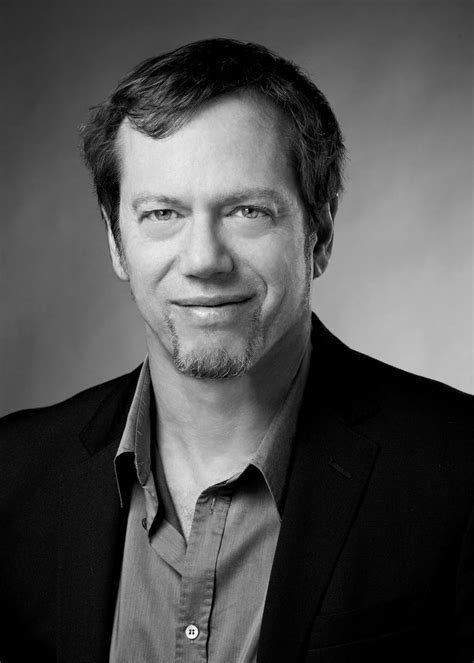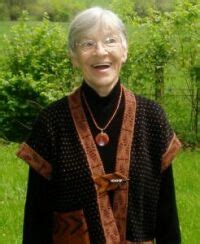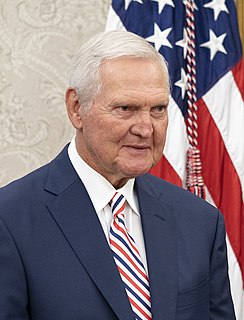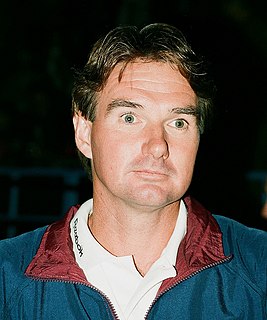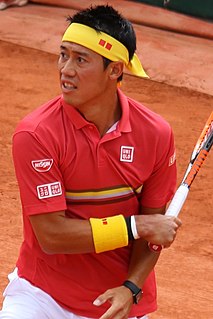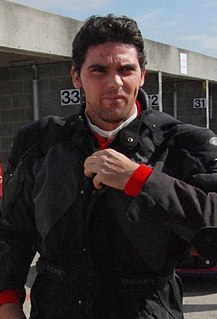A Quote by Venus Williams
Tennis is a huge part of my life, but I don't base my self-value or my self-worth or the quality of my life on my results on the court.
Related Quotes
I know some of my self-worth comes from tennis, and it's hard to think of doing something else where you know you'll never be thebest. Tennis players are rare creatures: where else in the world can you know that you're the best? The definitiveness of it is the beauty of it, but it's not all there is to life and I'm ready to explore the alternatives.
No one seriously doubts Socrates' maxim: The unexamined life isn't worth living. Self-assessment and attempts at self-improvement are essential aspects of "the good life." Yes, we should engage in ruthless self-reflection and harsh scrutiny, but we should simultaneously acknowledge that such introspection will, at best, only result in a partial view of our minds at work. Complete objectivity is not an option.
My doctrine means that I must identify myself with life, with everything that lives, that I must share the majesty of life in the presence of God. The sum-total of this life is God. .. Man is not at peace with himself until he has become like unto God. The endeavor to reach this state is the supreme, the only ambition worth having. And this is self-realisation. This self-realisation is the subject of the Gita, as it is of all scriptures... to be a real devotee is to realise oneself. Self-realisation is not something apart.
......at this point the self has obviously outworn its function; it is no longer needed or useful, and life can go on without it. we are ready to move on, to go beyond the self, beyond even its most intimate union with God, and this is where we enter yet another new life- a life best categorized, perhaps, as a life without a self.
There is no reaching the Self. If Self were to be reached, it would mean that the Self is not here and now but that it is yet to be obtained. What is got afresh will also be lost. So it will be impermanent. What is not permanent is not worth striving for. So I say the Self is not reached. You are the Self; you are already That.





